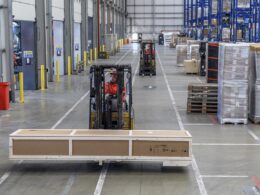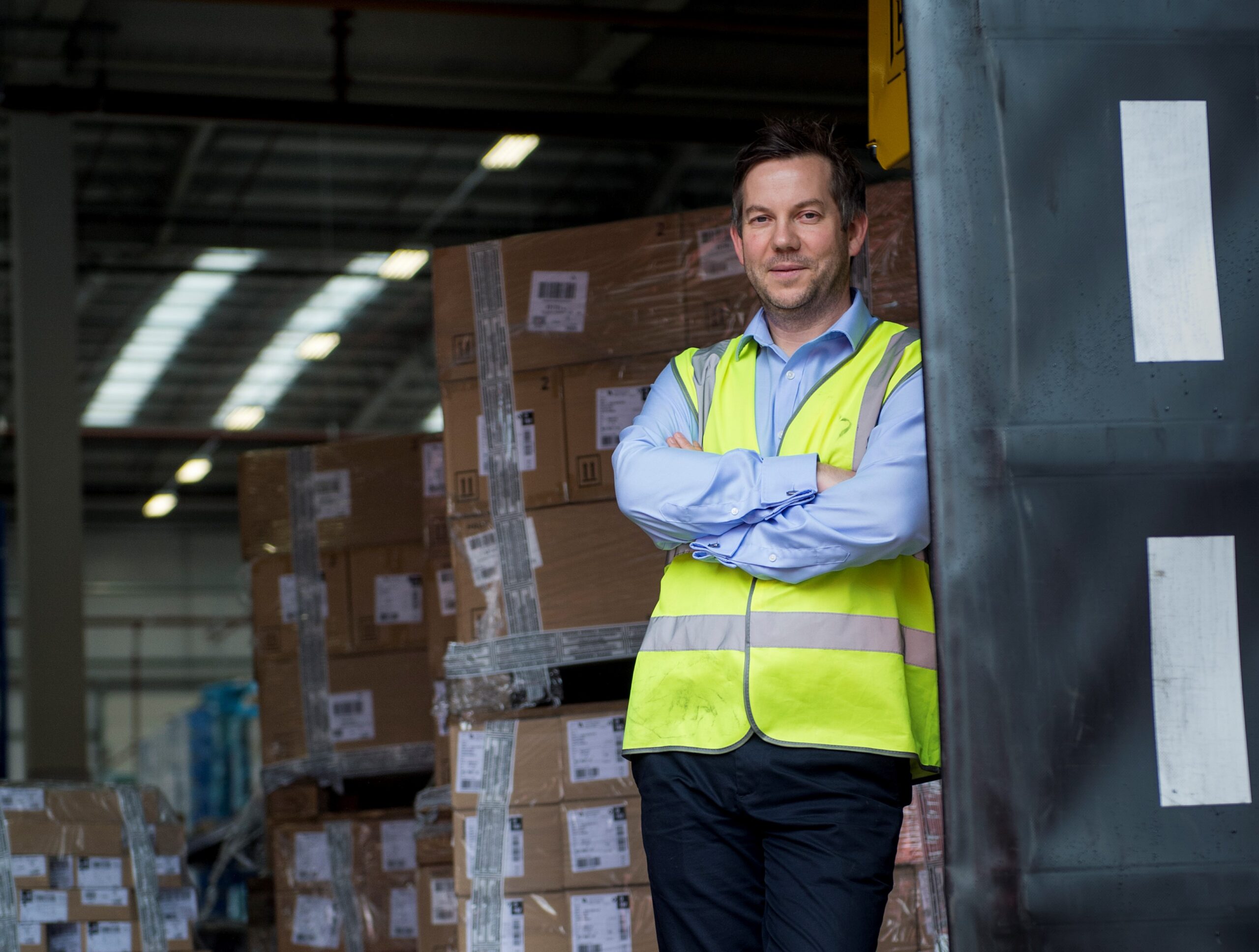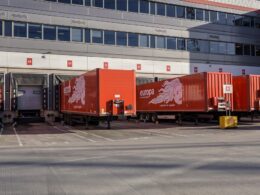As a veteran of the supply chain industry with many years of experience working for international businesses, I am concerned about the lack of take up for the Authorised Economic Operator (AEO) scheme in the UK and Ireland.
Talking to our own customers at AGR in retail, wholesale and pharmaceutical, the response seems to vary from total ignorance of the scheme to mild recognition. This is borne out with the statistics of only 340 organisations in the UK that have gained AEO accreditation, compared with nearly 5,500 in Germany and nearly 1,500 in the Netherlands.
So what is AEO? AEO or Authorised Economic Operator programme goes back to the catastrophic events surrounding 9/11. The destruction of the World Trade Towers in New York significantly raised the profile of international security issues in relation to terrorism, the fight against organised crime and other threats to society. AEO programme is the European Union’s (EU) response to the need to secure the international supply chain.
AEO applies to anyone within the EU involved in the supply chain that carries out customs related activities outside the EU. This includes exporters, importers, carriers, logistics companies, freight forwarders, manufacturers and many more.
AEO programme is governed by HMRC and began in January 2008, but with the advent of the Union Customs Code coming into force in May 2016 there will be significant benefits to being accredited. Particularly of note, is the financial guarantee that non-AEO accredited companies will have to pay from May 2016 unless they are AEO accredited. Whilst the exact amount has not been finalised, rumours of percentages between 8-12% of inventory duty due are probably not far from the truth.
Achieving AEO status sets organisations apart from competitors in terms of supply chain excellence. It’s a badge of honour that demonstrates that a company meets important criteria such as holding a record of customs compliance, having management systems that allow customs controls, proven solvency and details of high-quality security and safety standards.
AEO certification will significantly extend the current cross-EU benefits of faster clearance and priority treatment at the frontier, easier access to customs authorisations and reduced data requirements. In addition access to guarantee waivers, centralised customs clearance and self-assessment are just some of the future benefits being offered to AEO certified companies operating outside the EU.
Most importantly becoming an AEO will open doors to drive profitability. Reducing the lead time of goods flowing through the supply chain has bottom line benefits in terms of increasing inventory turns and reducing capital tied up in inventory.
How to get started with AEO certification
There three types of AEO certification:
1) Customs Simplification AEO Certificate (AEOC), which is issued to any organisation that fulfils specified criteria around:
- Customs compliance
- Record-keeping standards
- Financial solvency
2) Security and Safety AEO Certificate (AEOS), which applies to any organisation that fulfils the above criteria and also maintains appropriate security and safety standards
3) Combined Customs Simplifications/Security and Safety AEO Certificate (AEOF), for those organisations that meet the relevant criteria for both AEOC and AEOS and want to benefit from both types of AEO certification.
Whichever certificate held AEO certified organisations will benefit from customs simplification, some easing in customs security and safety controls, recognised status across the EU and a useful industry “kite mark”.
The best way to start is to start talking to experts and people who have already been through accreditation. Portals such as the not-for-profit online portal AEO Gurus are beginning to try and get the message out there and connect up individuals but it is a slow progress and so far many network meetings have been poorly attended.
From a strategic angle, AEO is going to affect supply chain strategies and should be considered along with tax planning initiatives for supply chain hubs. Myopically, the UK needs to ensure that it has boarded the AEO train, otherwise Supply Chain Directors may find operations being moved to countries that have already gone through the AEO accreditation.
I hope now you see my urgency in getting AEO awareness improved in the UK and many more will take up the scheme before it is too late.
About the author Melissa Cupis is Managing Director of supply chain planning specialists AGR UK Ltd headquartered in Guildford, Surrey. Melissa has worked in the Supply Chain field for the past 20 years alongside retail, wholesale and distribution companies around the world such as Asda, Pets at Home, Le Creuset, and American Stores. After selling her web application business in 2008, Melissa consulted for a period before joining AGR UK in 2010. AGR UK provides Demand Planning, Forecasting and Inventory Optimisation software and consulting to range of large to small retail, wholesale and distribution companies. www.agrinventory.com












